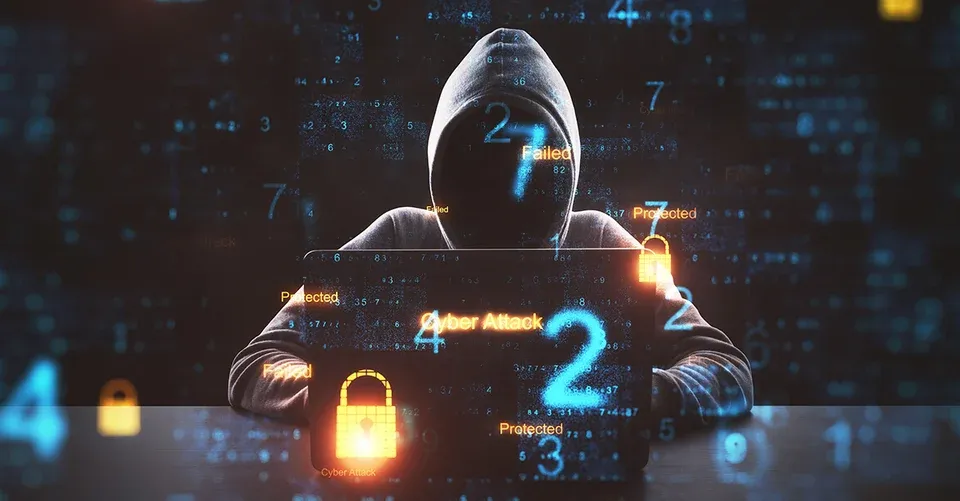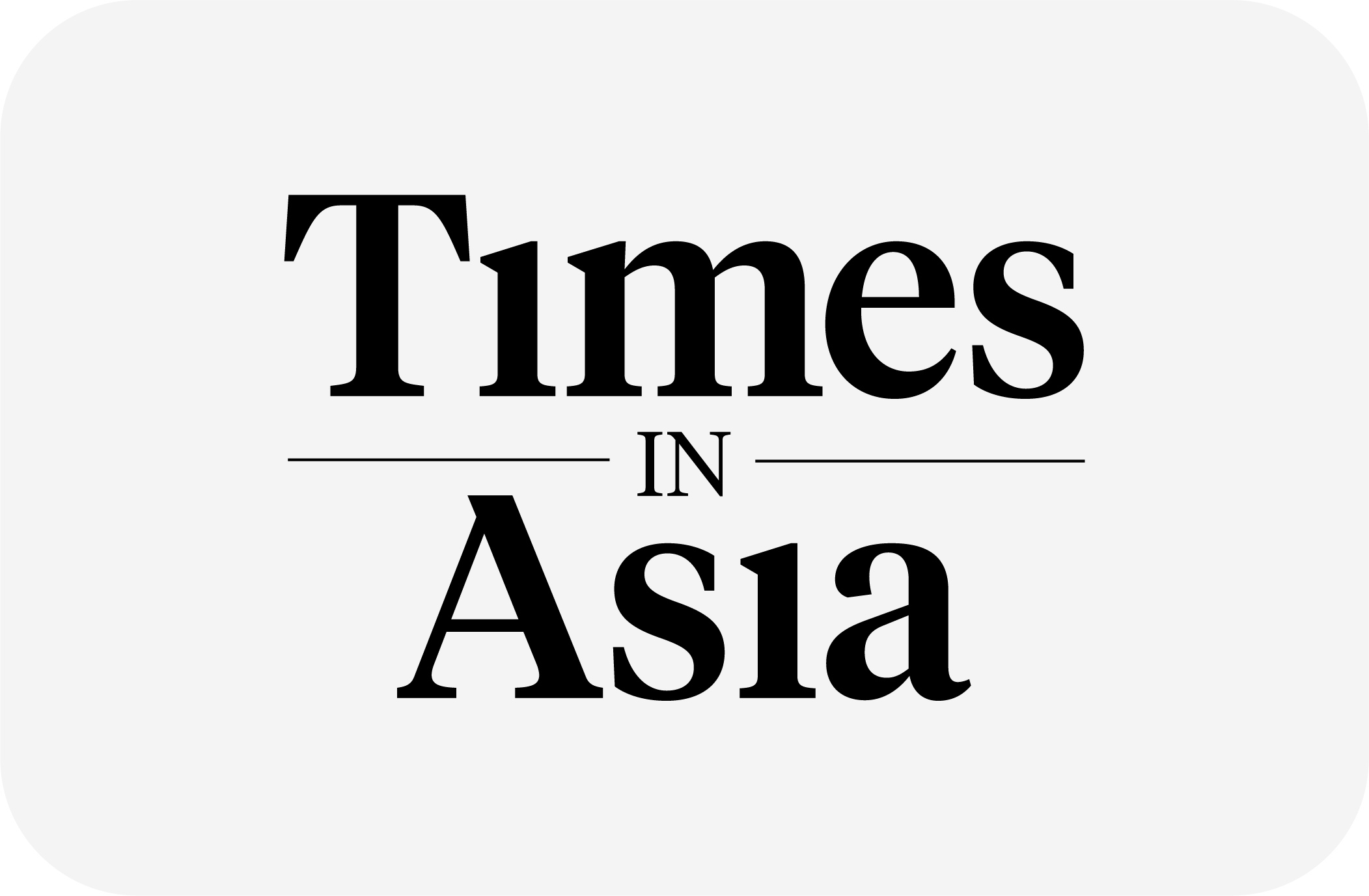
Singapore cyberattack on critical infrastructure attributed to China-linked hackers
Singaporean Home Affairs Minister K Shanmugam named cyber‑espionage group UNC3886 as the source of an ongoing attack on the city-state’s critical infrastructure on Friday, 18 July.
Several transport, telecoms, water and energy operators had been targeted by “a highly sophisticated threat actor” in a live campaign aimed at strategic disruption and espionage, Singapore’s Ministry of Home Affairs said.
Shanmugam said “the intent of this threat actor in attacking Singapore is quite clear. If it succeeds, it can conduct espionage and cause major disruption,” in a speech marking the tenth anniversary of the Cyber Security Agency (CSA).
Stealth attack suspected to be from Chinese hackers
UNC3886 is the name given to a cyber-espionage group believed to be linked to China. This group is classified as an advanced persistent threat (APT), meaning it conducts long-term, highly targeted cyberattacks - usually against government or critical infrastructure systems - while trying to remain undetected.
What makes UNC3886 particularly dangerous is its ability to exploit zero-day vulnerabilities. These are software flaws unknown to its vendor and for which no patch yet exists, making them especially valuable and dangerous for attackers.
UNC3886 specialises in attacking virtualised environments - systems where physical hardware is divided into multiple virtual machines (common in cloud computing and enterprise IT). Specifically, it has targeted Fortinet and VMware appliances, which are widely used for cybersecurity and network management in large organisations.
The CSA has raised the national threat level and is coordinating mitigations with affected operators and international partners. The agency did not specify how many systems had been compromised but confirmed that incident response protocols remain active.
Singapore next victim, after Malaysia, Philippines
The development comes as Southeast Asia (SEA) faces heightened cyber activity targeting state and commercial infrastructure, with Singapore, Malaysia and the Philippines reporting sustained intrusion attempts linked to Chinese APT groups. Singapore’s decision to name UNC3886 publicly marks a rare instance of direct attribution in a region where cyber diplomacy remains cautious.
Singapore’s attribution of the attack is likely intended to reinforce deterrence and signal alignment with international norms on cyber threat transparency. The city-state has previously favoured discretion, and its shift may reflect a recalibrated posture in response to persistent targeting.
“Public attribution is never just a technical decision. It is a strategic act,” a cybersecurity scholar at the S Rajaratnam School of International Studies said. “Singapore is making it clear it will not be passive.”
Cyber experts call for united ASEAN cyber defence framework
Regional analysts said the incident underscores the difficulty ASEAN members face in coordinating cyber responses despite growing threats. While Singapore maintains advanced technical capabilities and an established critical information infrastructure (CII) regime, most ASEAN states lack dedicated response frameworks.
“Until ASEAN develops trusted channels for real-time cyber threat sharing, states will continue to face asymmetric risks alone,” a Jakarta-based cyber policy advisor said.
UNC3886’s methods allow it to gain persistent access even in segmented or air-gapped environments, making it a credible risk to state infrastructure and national defence systems. The group has reportedly previously targeted defence industrial bases and global telecoms providers.
In 2024, Volt Typhoon, another China-nexus APT group, reportedly targeted Singtel’s subsea cable networks and related control infrastructure. The incident triggered multi-agency coordination between Singapore, Japan and the US, and accelerated CSA’s engagement with critical operators.
Island state plans cyber law amendments
Singapore is expected to introduce amendments to its Cybersecurity Act by Q4 2025. The changes will include expanded breach notification requirements and tighter oversight of private CII providers. The CSA said on 18 July that consultations with industry stakeholders are ongoing.
Cybersecurity is expected to feature on the agenda of the 2026 ASEAN Digital Ministers’ Meeting in Laos, where states are under pressure to formulate a shared cyber doctrine. Singapore has consistently advocated for international law to apply in cyberspace and supports the UN norms framework.
“The adversary is going after high-value strategic targets, even as we speak,” Shanmugam said. “We must assume it has already compromised some systems, and act accordingly.”
